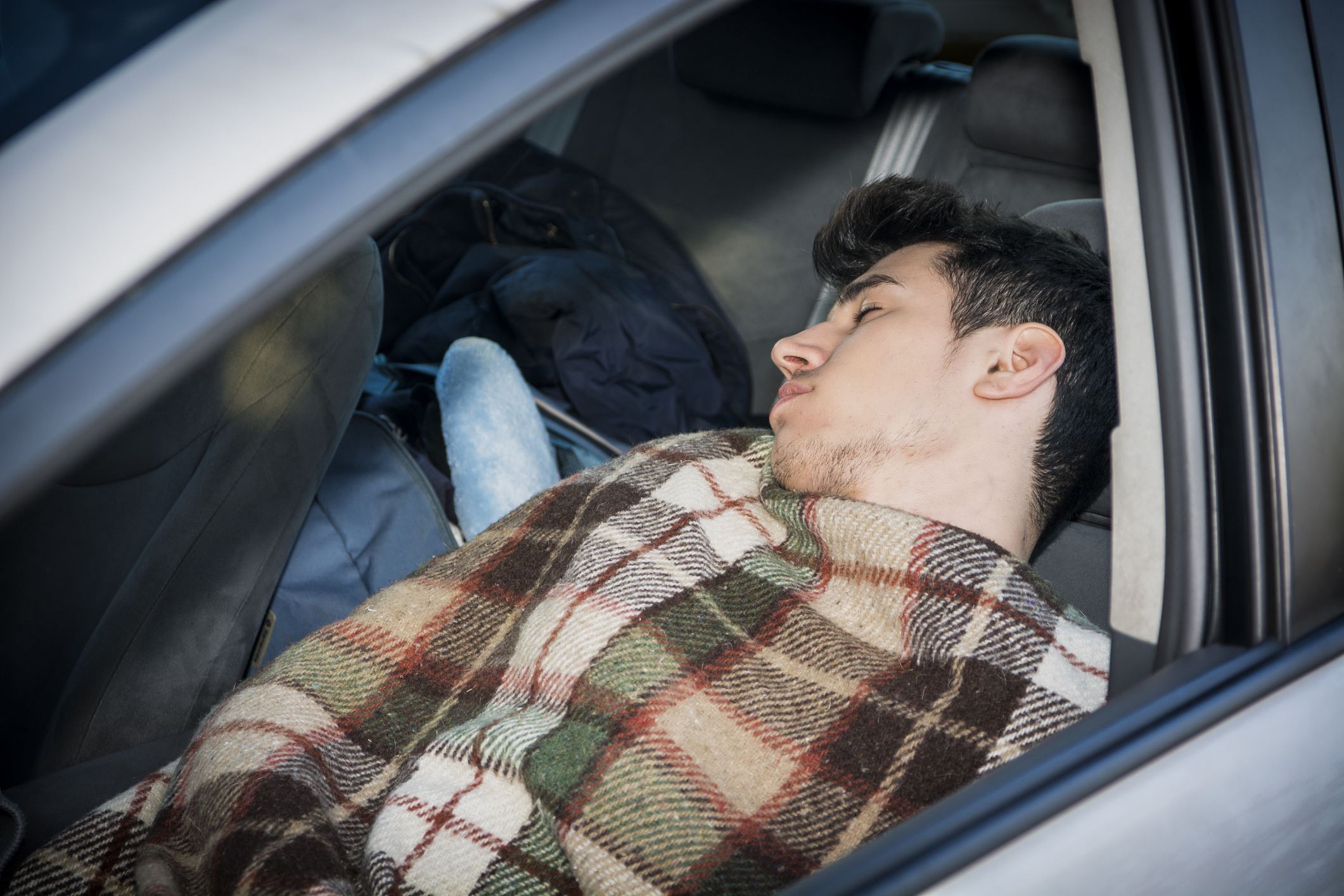If you have too much to drink and decide to sleep it off in your car before driving home, you might be surprised that this decision may have the potential to get you charged with a DWI in New York. The fact is that it can be confusing to figure out the law when it comes to drinking and driving in New York. Even if you think you know what is legal, there may be some gray areas that are hard to navigate. For example, you may have heard different accounts of whether or not sitting in your car while drunk is illegal in New York. This confusion can lead to someone making a mistake and facing serious consequences as a result. If this applies to you, then it’s important to understand exactly what the DWI laws in New York say about this issue so that you can make sure you stay on the right side of the law.
Understanding the Letter of New York's DWI Laws
New York laws governing drunk driving are particularly complex.
There are five categories of drunk driving offenses in New York:
- Driving While Intoxicated (DWI): Operating a vehicle with a .08 Blood Alcohol Content (BAC) or other evidence of intoxication.
- Aggravated Driving While Intoxicated (Aggravated DWI): Operating a vehicle with a .18 BAC or higher.
- Driving While Ability Impaired by Alcohol (DWAI/Alcohol): Operating a vehicle with more than .05 BAC but less than .07 BAC or other evidence of impairment.
- Driving While Ability Impaired by a Single Drug Other than Alcohol (DWAI/Drug): Operating a vehicle while impaired by drugs.
- Driving While Ability Impaired by a Combined Influence of Drugs or Alcohol (DWAI/Combination): Operating a vehicle while impaired by a combination of drugs and alcohol.
In addition to these five categories, motorists can be charged with a Chemical Test Refusal for refusing to take a chemical test of their breath, blood, or urine. And people under the age of 21 can be charged with the Zero Tolerance Law for driving with a .02-.07 BAC. Punishments for DWIs and DWAIs can include jail time, fines, license suspension, and an increase in severity after the first infraction.
The law states that "no person shall operate a motor vehicle while the person's ability to operate such motor vehicle is impaired by the consumption of alcohol." It's important to note that "operate" does not necessarily mean "drive," and therefore there are more behaviors that could qualify as operating a car. For the purposes of DWI laws, the moment you turn on the car's engine, you may be legally considered to be operating the car. Thus, it is possible to be charged with a DWI for sleeping in your car, but whether you will be can depend on the specific circumstances and the discretion of the officer on the scene.
It is important to remember that drunk driving is a serious offense in New York, and even activities such as sleeping in your car while intoxicated can lead to charges if not properly dealt with. To avoid this type of situation, always make sure you plan ahead for a sober ride home if you become too intoxicated to drive.
What Should You Do If You Are Charged a DWI While Sleeping in Your Car?
If you're charged with a DWI or DWAI for any reason, it's vital that you contact an experienced criminal defense attorney right away. Because the question of the illegality of sleeping in your car while drunk can come down to the intent of the driver and the surrounding circumstances, having a reputable DWI defense lawyer by your side can make all the difference.
At Collins Gann McCloskey & Barry PLLC, our team of criminal law experts can help you build the strongest defense possible so that your rights are protected and you can get the best outcome for your case. We understand how confusing New York's DWI laws can be, and we are here to help you navigate them.
Contact us online or call us at (516) 218-5131 to learn more about how we can help.


